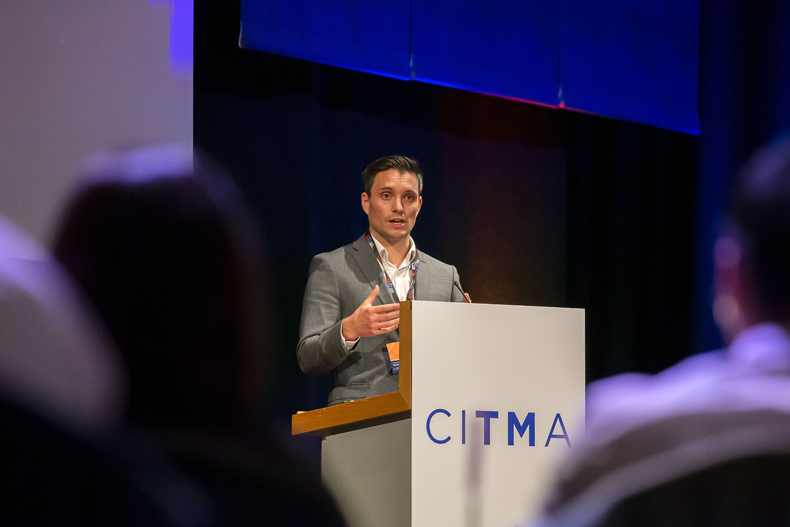Autumn Conference: How geopolitics creates opportunity for fakes
China, coronavirus and ongoing conflicts – geopolitical upheaval can allow counterfeiters to achieve financial gain.

Tom Nener discussed at our Autumn Conference how current and recent world events, including the Russian invasion of Ukraine and the coronavirus pandemic, can be a breeding ground for counterfeiters.
Global upheaval can create shortages or a surge in demand for certain products leading to great opportunities for counterfeiters.
Coronavirus and counterfeiters
Take the global pandemic – shortages of essentials such as toilet roll and PPE saw demand for these goods skyrocket and consumers willing to pay high prices to get their hands on them.
Piracy saw a rise during the pandemic, with companies like Netflix lowering the quality of its output to not overload internet networks, which “created an opportunity for illegal streaming sites to step in with a higher quality product, which is very unusual in that sort of area,” Tom said.
With many people coming across illegal streams of events and programmes via social media Tom asked: “How do we identify it, how do we engage with social media platforms to try and make that more difficult for them to get access to consumers?”
With those hosting this illegal content not tied to a geographical location and moving constantly to avoid being found, it makes enforcement hard.
“So if you're thinking about the enforcement model that's applied to each of these, there has to be a plan for dealing with each of those parts of the chain to get that illegal product out there,” Tom suggested.
Opportunities for counterfeiters come in other forms, such as the semiconductor “crisis”.
Tom surprised delegates with the stat that one in five mobile phones sold are counterfeit.
With a complex supply chain and the semiconductor shortage, it allows “counterfeiters to step in and out of that supply chain, looking entirely legitimate to take advantage.
Russia – a counterfeiter’s paradise?
Tom told delegates that it was too early to really understand the impact of the Russia and Ukraine conflict.
However, he noted that “we have already seen a spike in counterfeits of certain products such as cooking oil”.
Russia accounts for 5% of global sales of luxury goods. But there is already a huge demand for counterfeit goods – an estimated 40% of handbags sold in Russia are counterfeits.
Combining this market for luxury goods and counterfeits, and a government that seems reluctant to enforce foreign IP rights in Russia results in “a great breeding ground for counterfeits,” Tom remarked.
“If you want to set up your factory [to make counterfeits], Russia is a great location.” Not only do you have a market on your doorstep, but it’s difficult for IP owners to identify and enforce.
Tom noted that it will be a “real challenge for IP owners who operate on an international level to think how they deal with that.”
“I think it would be really interesting to see how that plays out”
Pinsent Masons’ Tom Nener gave this talk: “Anti-counterfeiting and geopolitics” at the 2022 CITMA Autumn Conference.
CITMA has a book available on anti-counterfeiting practices and procedure, click here to find out more.
